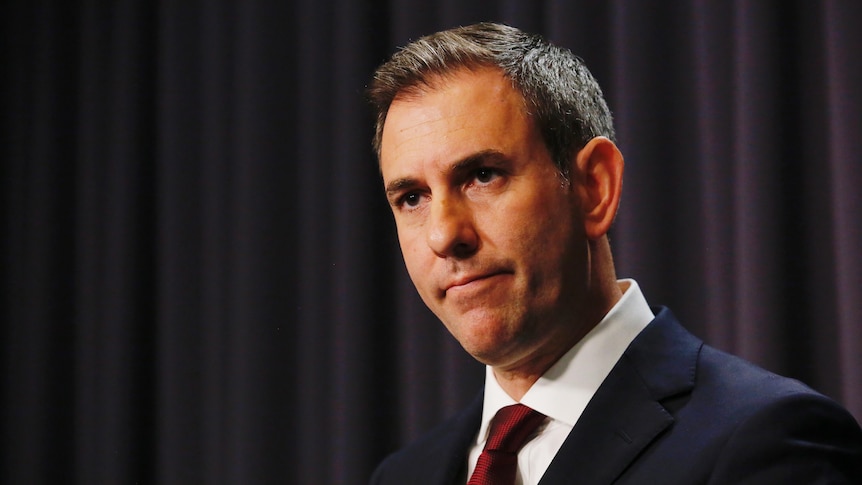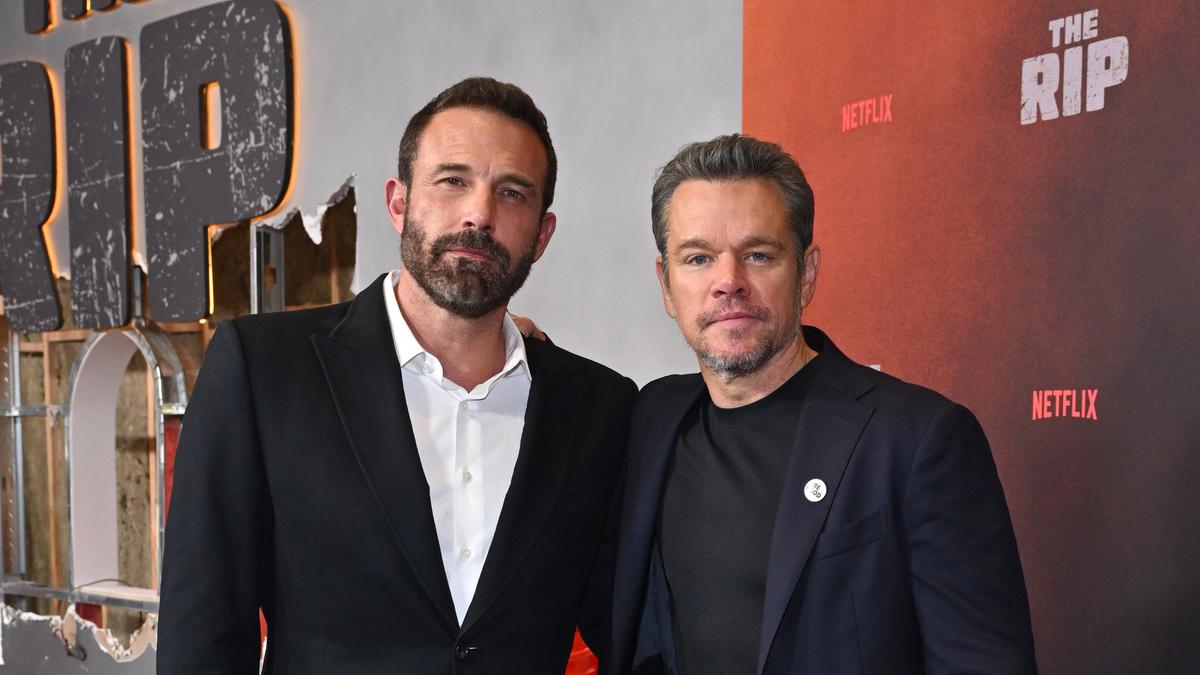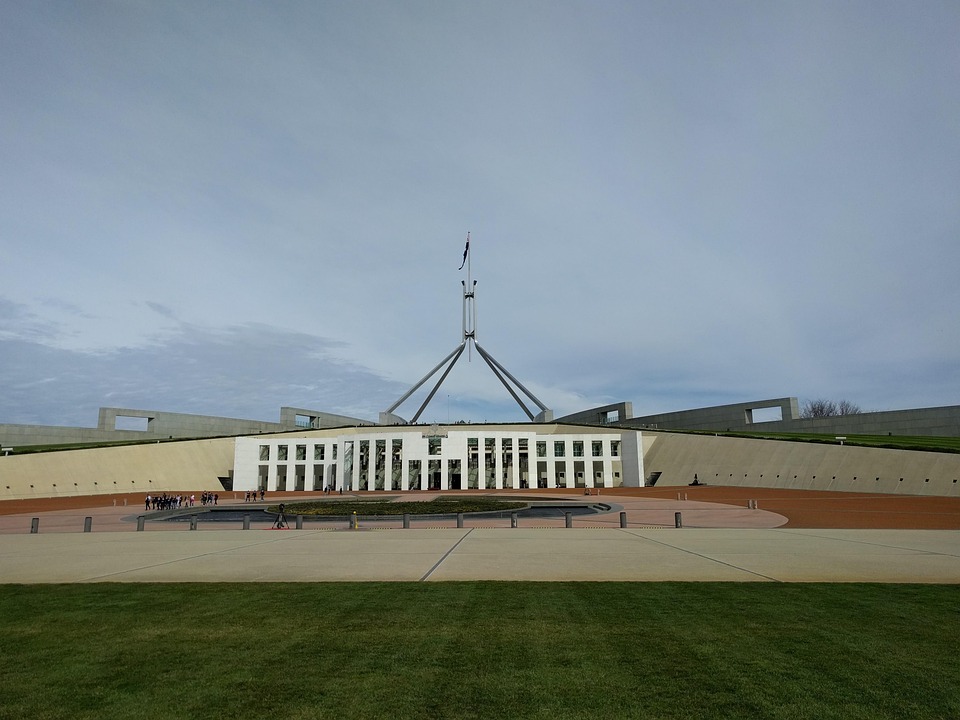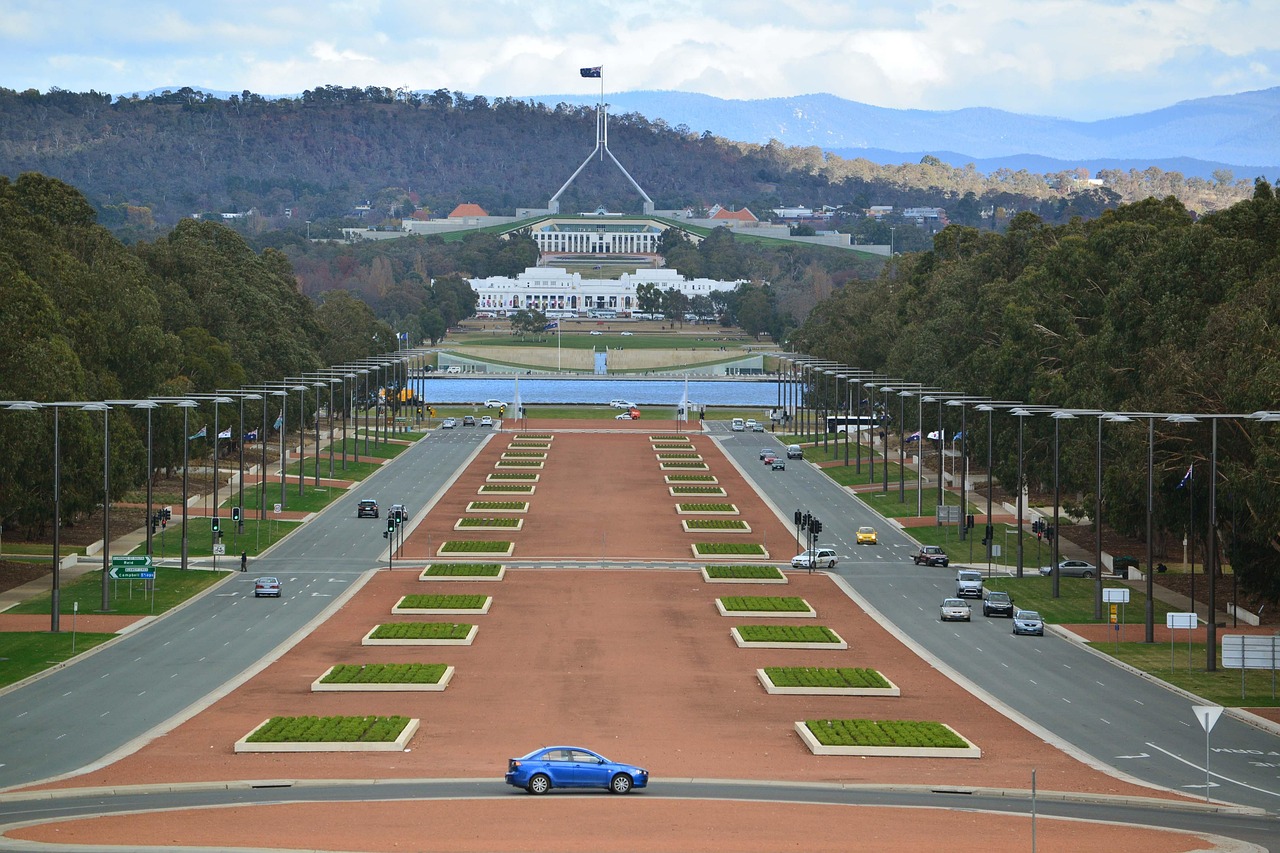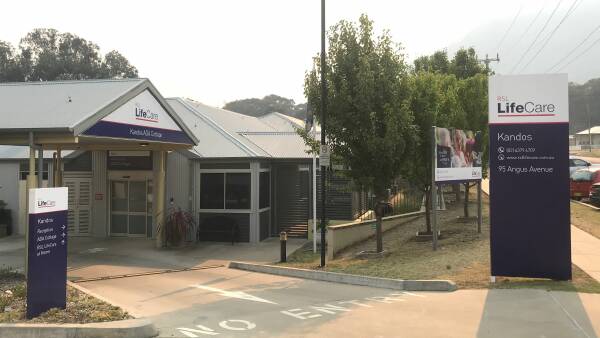
Australia’s Care Economy Cooperative Research Centre (CRC) officially commenced its work on November 26, 2025, with a significant budget of $129 million. This initiative aims to address pressing questions surrounding care services as the nation grapples with rising demands for quality care in a rapidly evolving landscape.
As Australians live longer and the complexities of care increase, the CRC seeks to transform the nation’s $327 billion care economy, which encompasses services from early childhood education to aged care and mental health support. With the backing of $35 million from the Australian Government, the centre will collaborate with 56 partners, including five universities and various healthcare agencies, to redefine how care is delivered across the country.
Addressing Workforce Challenges
The Care Economy CRC’s mission is clear: to improve care delivery through sector-wide transformation. According to Deena Shiff, Chair of the CRC, the focus will be on creating “people-centred solutions” that adapt to the evolving needs of Australians. This encompasses a careful examination of how technology can enhance care while ensuring that the workforce is equipped to implement these innovations.
Carmela Sergi, Managing Director and CEO of the CRC, highlighted the growing challenges faced by the care economy, including workforce shortages and increasing service complexity. “High quality care will enable us all to live independent lives and participate fully in the community,” she stated. She emphasized that the CRC’s research programs will directly address the needs of both service providers and recipients, forming a bridge between technology and the care workforce.
This initiative also aims to tackle the widespread perception of the care sector as merely a welfare system, rather than recognizing it as a vital contributor to Australia’s socio-economic growth. With approximately 1.8 million people employed in the care sector—over 15 percent of the workforce—most of whom are women, improving conditions and productivity in this field is crucial for the nation’s economic future.
Innovative Research Programs
The CRC will implement several research programs focusing on three main areas: technology solutions, data solutions, and workforce innovation. Each program is designed to develop practical tools that enhance care delivery.
Leading the Technology Solutions program, Professor Aniruddha Desai remarked on the critical need for innovation within the care economy. “Technology offers a pathway to reimagine care,” he noted, envisioning mobile applications, intelligent chatbots, and augmented reality solutions that can streamline care processes.
Meanwhile, Professor Adam Dunn, who heads the Data Solutions program, pointed out that effective data management can significantly improve care outcomes and reduce administrative burdens. By integrating artificial intelligence into decision-making processes, the CRC aims to enhance efficiency across various care sectors.
On the workforce front, Professor Sarah Larkins emphasized the importance of co-designing research with those in the care industry. This approach aims to create a skilled workforce capable of leveraging technology for optimal care delivery. By addressing digital literacy gaps and developing new training pathways, the CRC seeks to attract and retain talent in a sector that faces persistent challenges.
As the Care Economy CRC embarks on this ambitious journey, its leaders remain optimistic about the potential for significant reforms. By focusing on user-centered outcomes and fostering collaboration among diverse stakeholders, the initiative aims not only to transform care in Australia but also to position the country as a global leader in the export of care services and technologies.
With the care economy projected to grow at three times the rate of total national employment, the CRC’s mission underscores the importance of proactive reform. The initiative marks a pivotal moment in addressing the needs of Australians and ensuring a sustainable future for care services across the nation.

